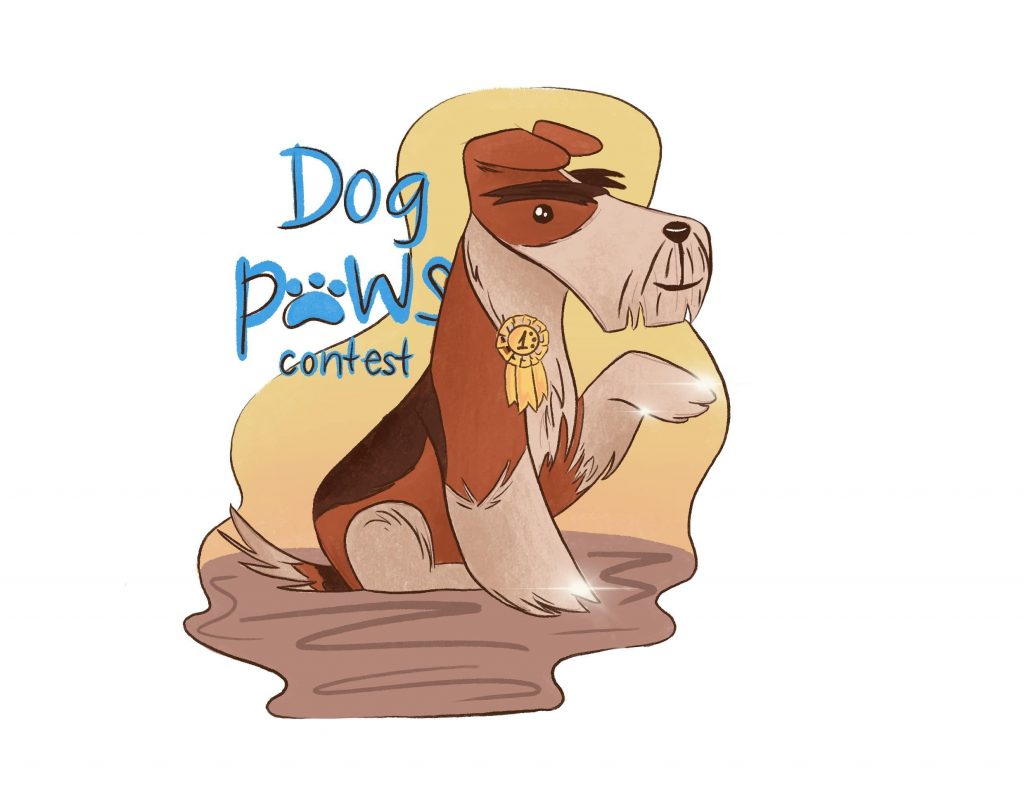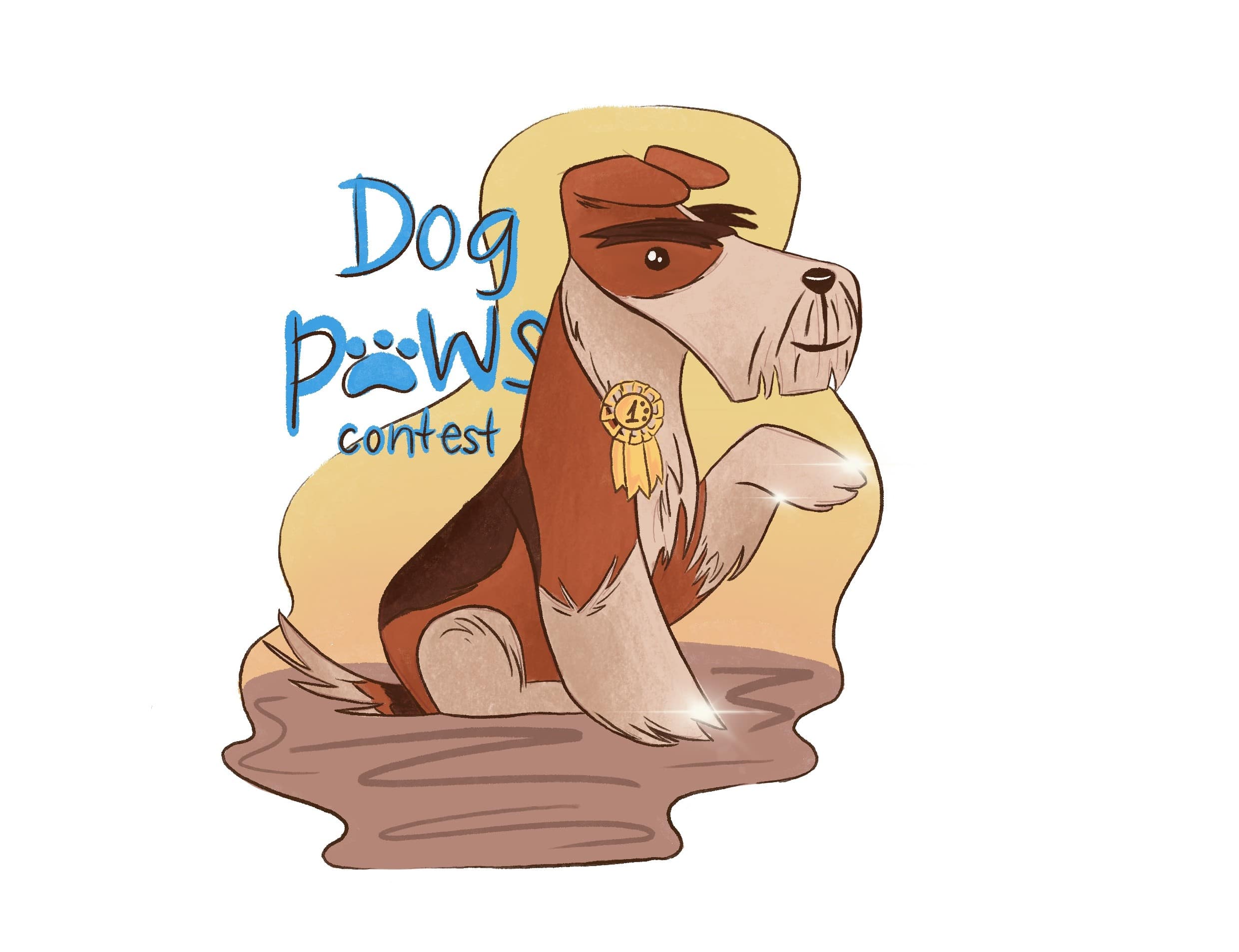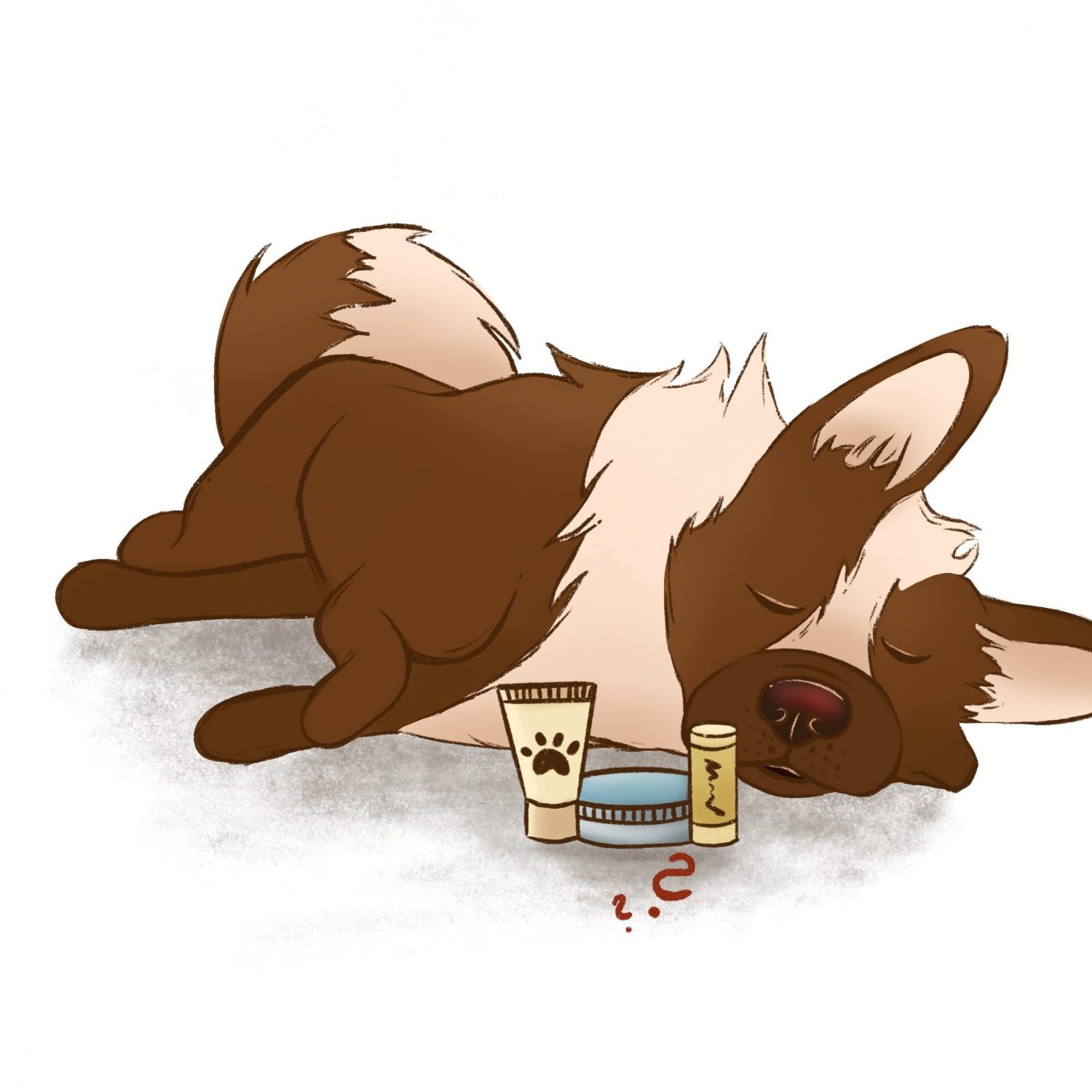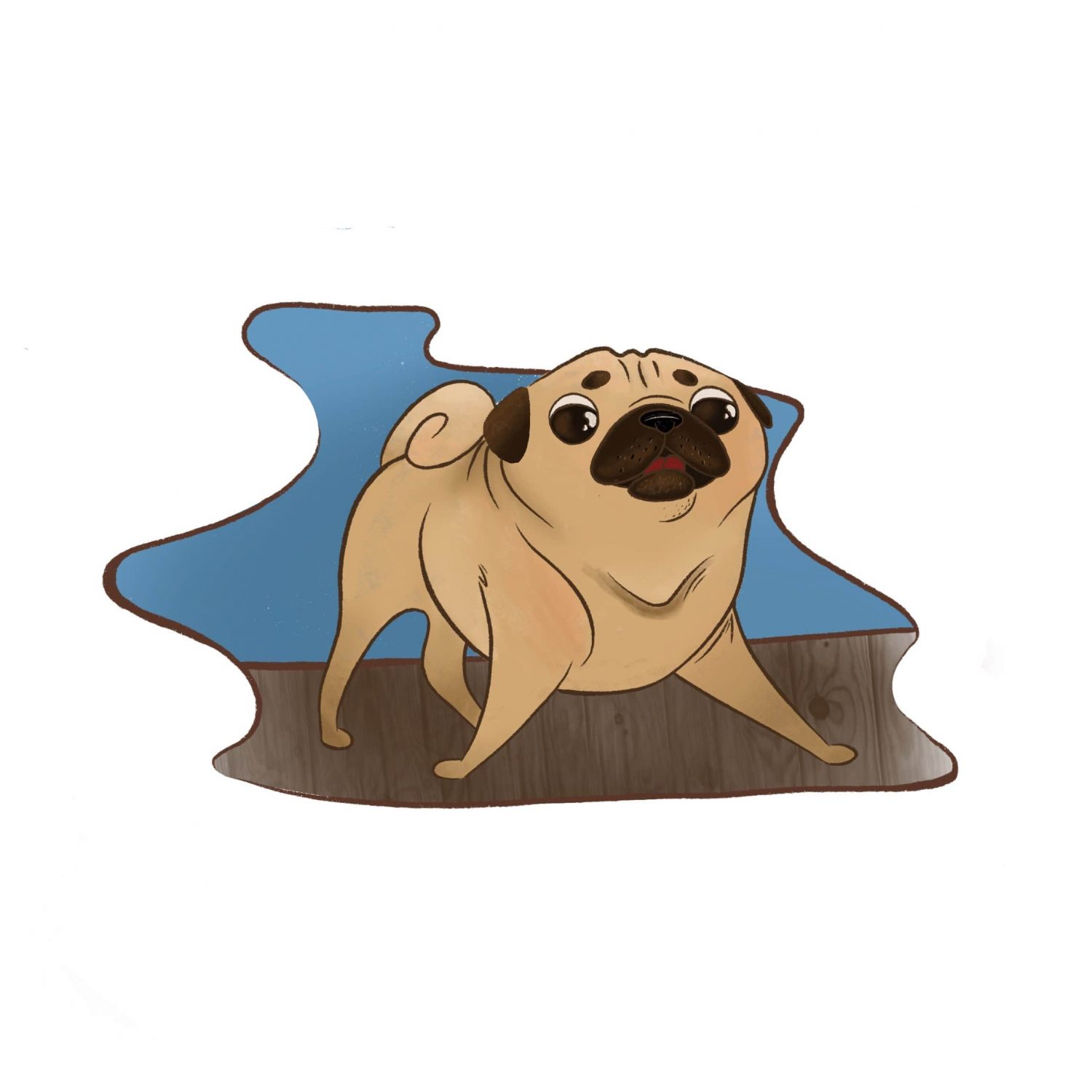Over the course of your dog’s life, his paws will walk outside and inside your home, through grass and dirt, over rocks and asphalt, and many more. Whatever road he embarks on, his paws will get him to his destination. All of this walking and running will render your dog’s paw pads rather rough. Paw pads consist of a layer of pigmented skin, which is usually pink or black, covering fatty tissue.

This fat acts as an insulator, providing your best friend with a bit of protection from hot and cold areas. Pads are also a necessary part of your pup’s foot and help your dog with balance, produce traction, and shock absorption.
When the skin on them gets dry, it can crack, become tender, and extremely sensitive. Suddenly, even a short walk could feel truly uncomfortable for your dog.
There are 4 main reasons for hard and rough paws:
1. No chemical romance
Any detergent you use to look after your lawn or garden, carpet cleaner, or de-icing substance can be the source of rough paws for your pup. The poisonous nature of these products could be dangerous for your dog, as he tends to chew and lick his irritated paws, digesting unhealthy stuff.
2. Allergies
As for us humans, allergies can cause changes to your skin’s texture and colour. Dog allergies can be a cause of the itching of the paw pads and their hardening.
3. Hyperkeratosis
Canine hyperkeratosis is a condition that causes the skin on your dog’s nose or paws to thicken. Unfortunately, there is no cure for it, and this skin condition in dogs occurs when there is too much keratin.
Except for the footpad hyperkeratosis, which occurs on your dog’s paws, there is also nasal hyperkeratosis that appears on the nose.
Dogs with hyperkeratosis may have dried out, toughened looking paws and noses. There is also a possibility of an infection developing after the skin layer cracks. Hyperkeratosis is passed down through genes and occurs especially the older the dog is.
4. Firewalking!
Hot asphalt or pavement can burn your pup’s paw pads. To see if the ground is too hot for your dog to walk on, place the back of your hand flat on the surface and hold it there for around 7-10 seconds.
If it’s too hot for you to keep your hand for the recommended time, it’s too hot for your dog as well!
In the winter, try to avoid walking with them on salt-treated sidewalks.
Additionally, you can have your dog wear booties outside during the snowfall or glare ice. Outside of extreme weather conditions, you can wash and dry your dog’s paw pads after every trip outside.
If the tough paw pads develop, there is no need to panic. We offer you three tips on how to prevent and cure hard paws:
a. Conditioning
This is one of the easiest ways to toughen up your dog’s paw pads. If you have a house dog who sits around a lot, you can get its feet accustomed to tougher surfaces by walking or running the dog on rough surfaces like asphalt or gravel on a daily basis. If your dog has an outdoor kennel, cover the kennel floor in pea gravel as it can also help with toughening of your dog’s pads.
b. Supplements
Supplements, especially zinc, can help to toughen your dog’s pads and heal them if the pad paws are damaged or injured. Zinc is an essential mineral for collagen development that helps restore skin and strengthen connective tissues of the paw pads. The lack of zinc is a frequent issue when it comes to dogs and can be rectified with dog food containing zinc additives or zinc supplements.
c. Balms
Balms like ours “Paws and Snout Premium Protection Dog Balm” help heal dry and cracked paws, soften their tissue, relieve paw allergy symptoms and protect them from external factors such as weather and terrain surface. Additionally, it is harmless when licked by your dog and anti-inflammatory. It might be a good idea to apply it at the end of the day when your dog is already sleepy and has no problem with lying down for a while.
 ORDER NOW
ORDER NOW


